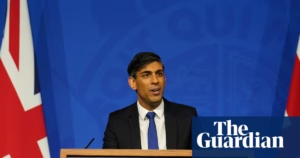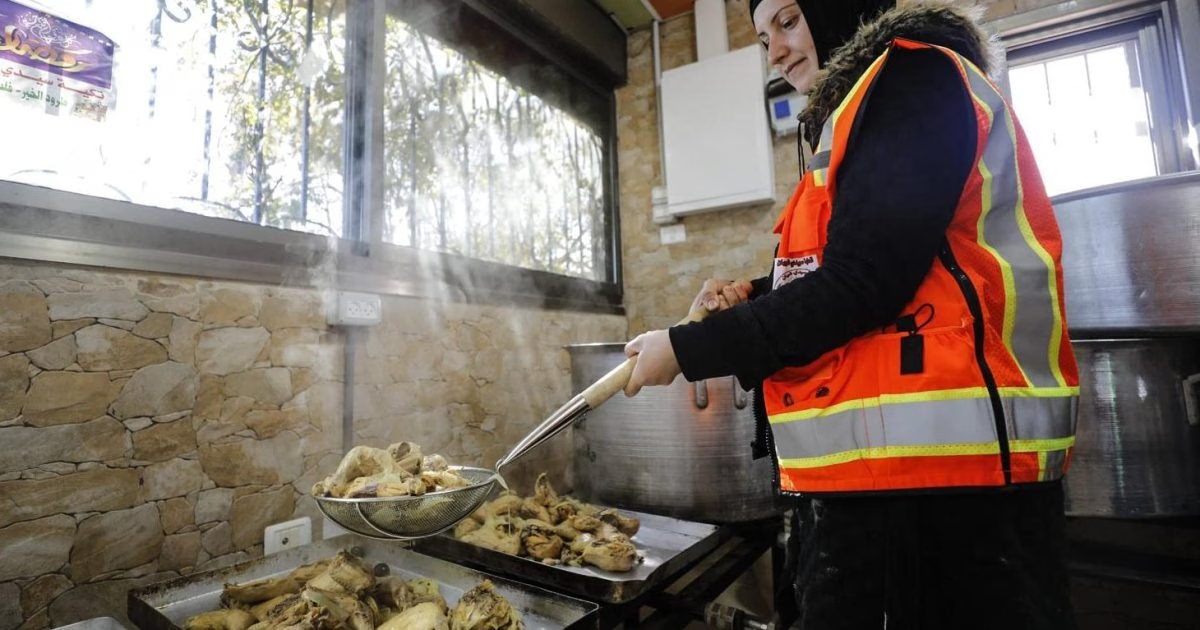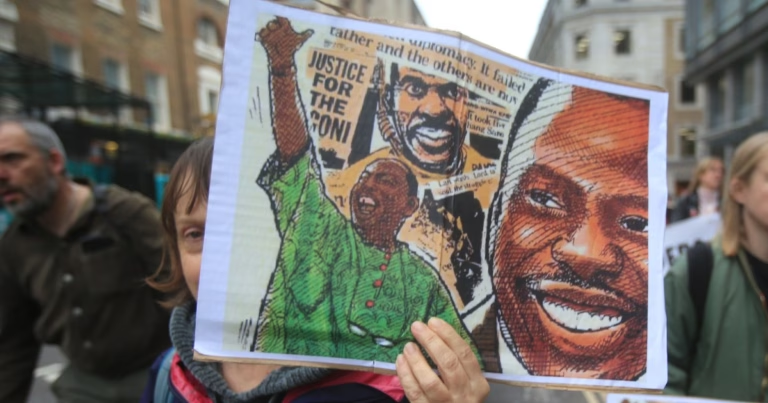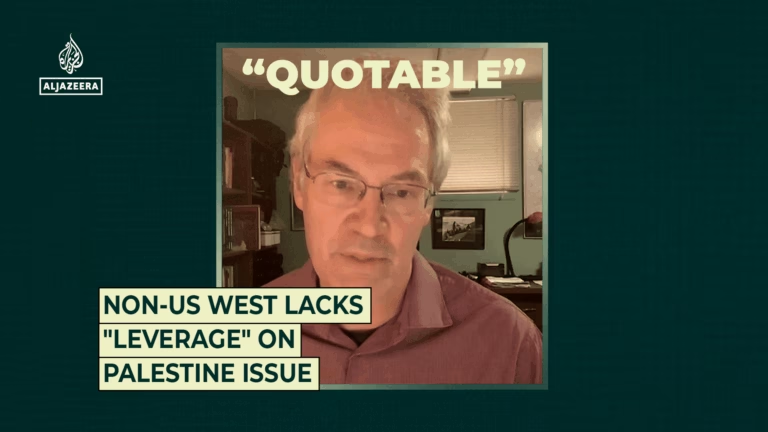In the occupied West Bank, specifically in El-Bireh, nearly 100 Palestinians displaced from Gaza, with many receiving medical treatment, wait quietly for iftar in a modest hotel. Seated in plastic chairs around long tables and bathed in the light of the sunset, they carry poignant stories of loss. Individuals supported by crutches, bearing missing limbs, and parents watching over sick children reveal a collective exhaustion.
Ahmed Abu al-Am and his team of volunteers distribute meals with urgency, having transported the food in two vehicles from the kitchen a short 15 minutes away. Since taking over the Sidi Shayban communal kitchen in 2002, Abu al-Am serves iftar every Ramadan, distributing meals based on the generosity of donors.
Among those displaced is Haya Nahal, who arrived in Ramallah two months prior to the start of the war for her daughter Raghd’s medical treatment. Laila, an elderly woman from Gaza, accompanies her granddaughter Amira, who had cancer and had been in East Jerusalem’s Augusta Victoria Hospital for six months.
As the community begins their iftar, whispers of gratitude mix with the scent of cuisine prepared by Abu al-Am and his volunteers, reflecting the centuries-old Ramadan tradition of “tables of mercy” observed worldwide. This year, these gatherings occur amid Israeli occupation’s violence and heightened unrest, pushing many into destitution.
As Abu al-Am moves between bubbling pots in his apartment-turned-kitchen, donations, and support allow him and his team to reach extensively across communities in need. Despite Israeli restrictions and the economic hardships brought by the war in Gaza, the Sidi Shayban kitchen continues to serve, adapt, and distribute food to those struggling, embodying resilience and solidarity during the holy month.
Source: https://www.aljazeera.com/features/2025/3/24/sidi-shaybans-ramadan-iftars-challenge-israeli-restrictions-in-west-bank?traffic_source=rss








